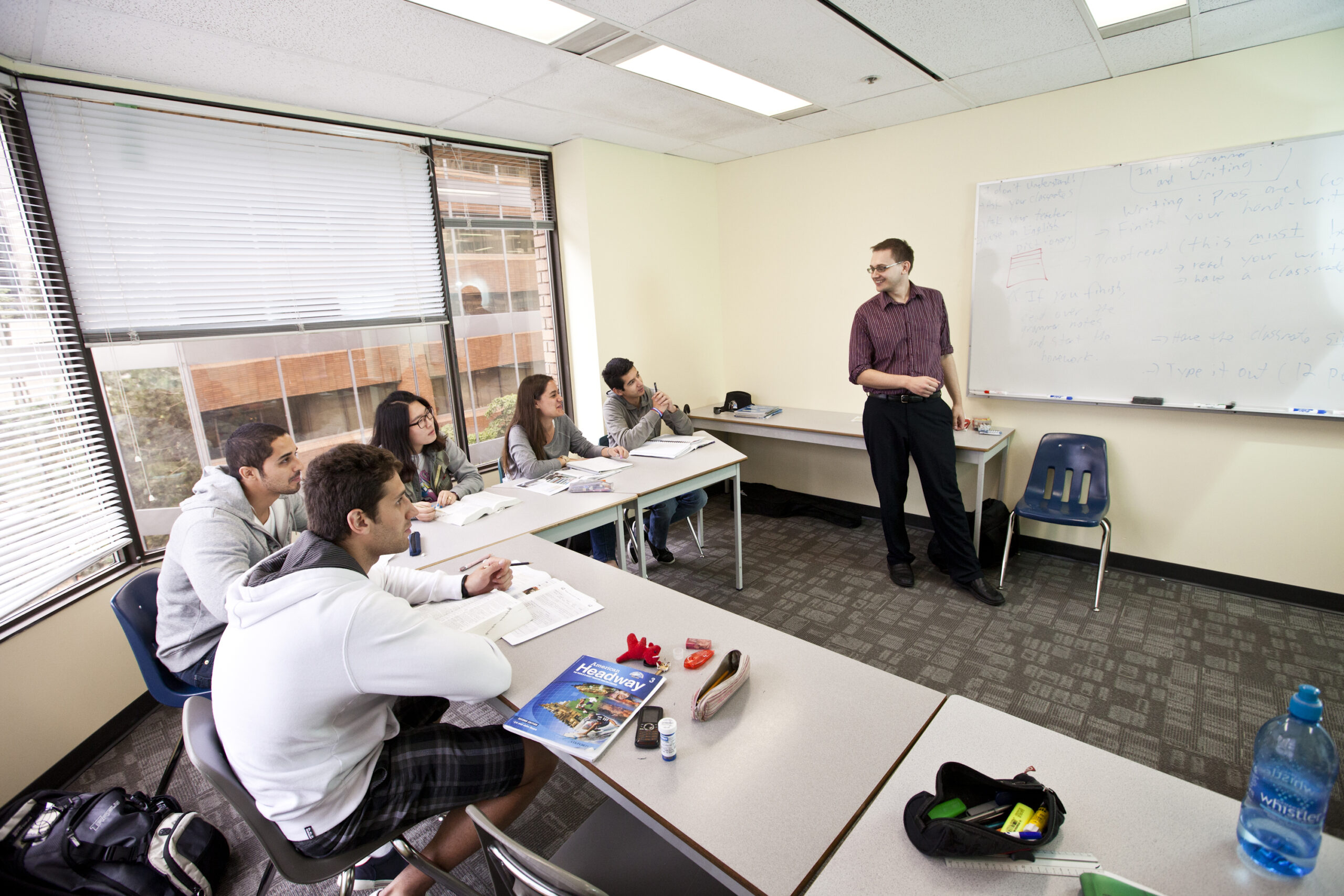
St Giles
Four Grammar Rules that are Always True
Do you find it frustrating that so many English grammar rules have exceptions?
Do you feel like it’s a waste of time to learn something that can change at any time?
Well, Semera Suderman, our Platinum Course Co-ordinator at St Giles Vancouver, gives us four grammar rules that are ALWAYS true about modal verbs (can, could, will, would, shall, should, may, might, must):
The Four Modal Rules of English:
- Never use two modals together.
- We can go to the store on Friday.
NOT We will can go to the store on Friday.
- Modals are always followed by the base form of the verb. Never use ‘to’ or participles after a modal .
- Sally must finish her studies before bed.
NOT Sally must to finish her homework before bed.
- They should arrive tomorrow. NOT They should arriving tomorrow.
- I would have seen her. NOT I would saw her.
- Never use ‘do’ or ‘be’ when making questions or negatives with modals.
- Will you tell me where the office is?
NOT Do you will tell me where the office is?
- Billy can’t come to the party.
NOT Billy don’t can come to the party.
- There is no 3rd person singular form of modals.
- He can see. NOT He cans see.
- She should try. NOT She shoulds try.
- The photocopier must be turned off. NOT The photocopier musts be turned off.
So the next time you want to throw your grammar textbook across the floor because of the exceptions to the rules, just remember the Four Modal Rules of English and tell yourself that there is some consistency in English after all.
Find out more about studying English at St Giles Vancouver and discover more English Language tips!





